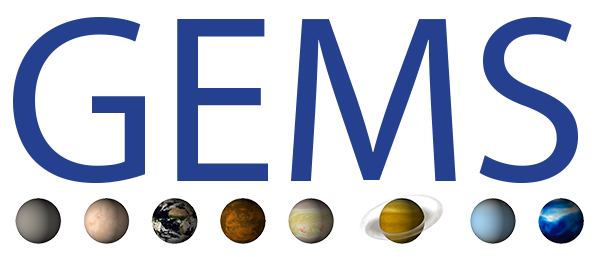GEOS#
Provided by NASA’s Goddard Space Flight Center (NASA/GSFC), USA
Model description#
The Goddard Earth Observing System (GEOS) model is a modular Earth system model designed for simulation and assimilation to address a vast array of applications for Earth system science. The GEOS model is built around the FV3 non-hydrostatic dynamical core on the cubed-sphere maintained in collaboration with NOAA. GEOS includes the Goddard Chemistry Aerosol Radiation and Transport (GOCART) model.GOCART models the emissions, mixing, chemistry, and deposition of some of the key aerosol types found in the troposphere, like sulfates, dust, and black carbon. Surface emissions and uptake of aerosols and trace gases is driven by daily volcanic and biomass burning emissions, biogenic sources and sinks of CO2, and high-resolution inventories of anthropogenic sources.
More information can be found on the GEOS website.
Experiment runs#
GEOS 6.0km coupled#
- Location:
/fastdata/ka1081/DYAMOND/.input_winter_data/GEOS_6km_Atmosphere-MITgcm_4km_Ocean-Coupled/(non-standardized data)/fastdata/ka1081/DYAMOND/data/winter_data/DYAMOND_WINTER/NASA/GEOS-6km/DW-CPL/(standardized atmosphere data by DKRZ)containing the grid file
/atmos/fx/gn/grid.nc- Setup:
Coupled
Resolution:
Comments:
Contact person:
GEOS 3.0km atmosphere-only#
- Location:
/fastdata/ka1081/DYAMOND/data/winter_data/DYAMOND_WINTER/NASA/GEOS-3km/DW-CPL/- Setup:
Atmosphere-only
Resolution:
Comments:
Contact person:
GEOS 1.5km atmosphere-only#
- Setup:
Atmosphere-only
Resolution:
Comments:
Contact person:
